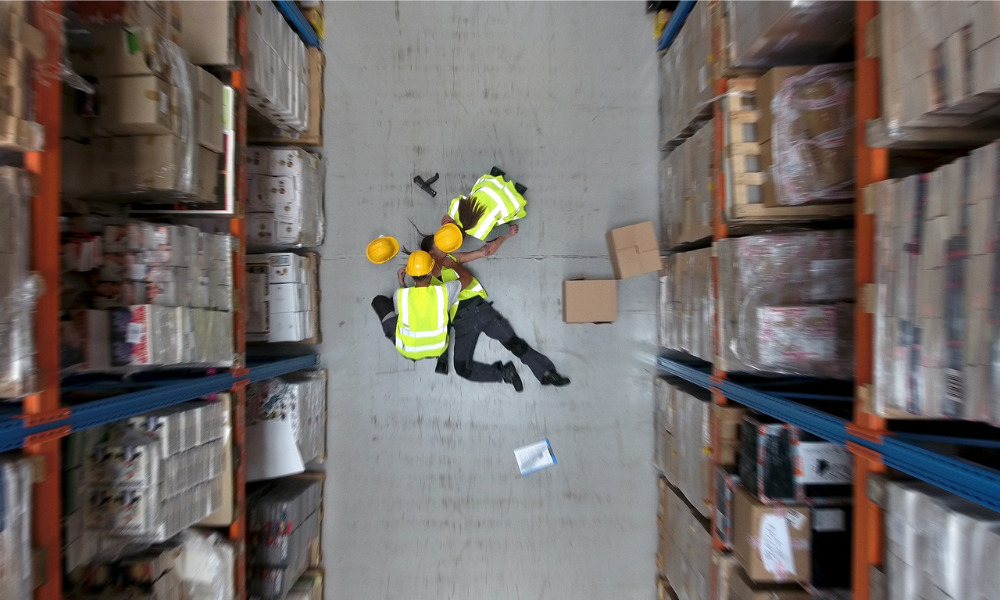Many workers don't access the services they need for a full recovery

Why aren’t people getting the help they need?
Many workers don't access the services they need for a full recovery

Why aren’t people getting the help they need?